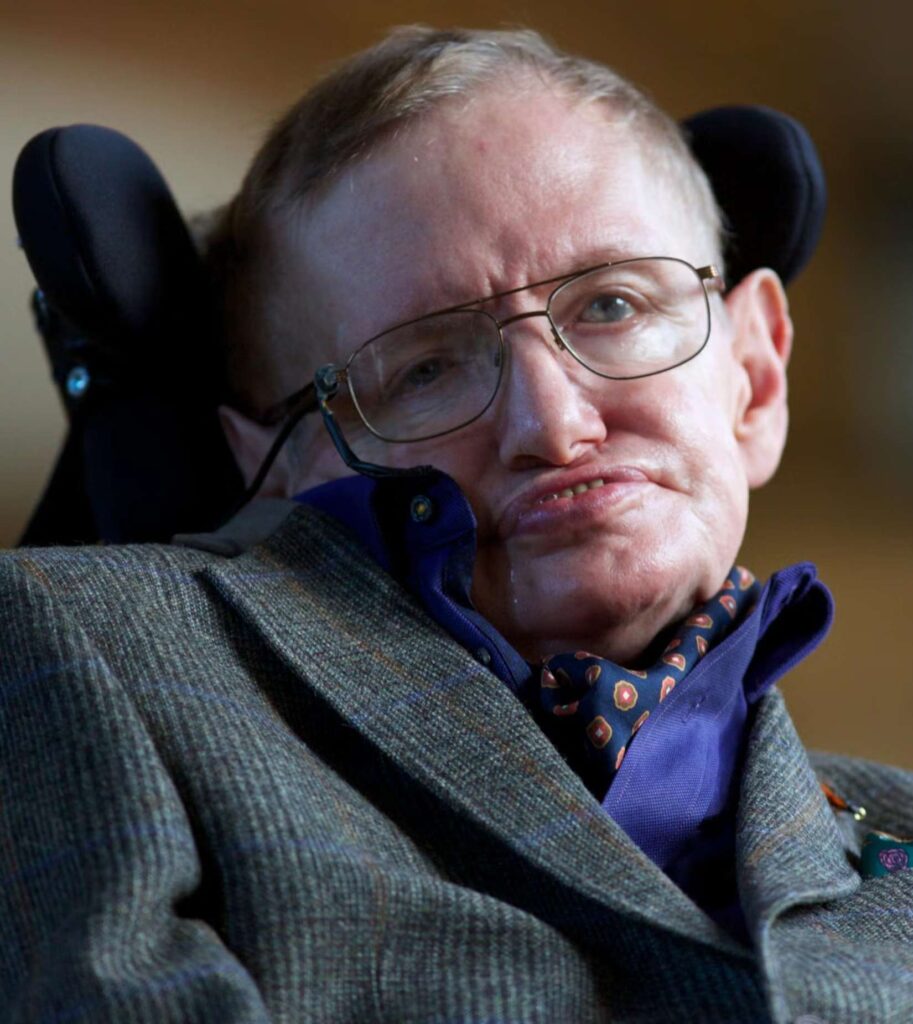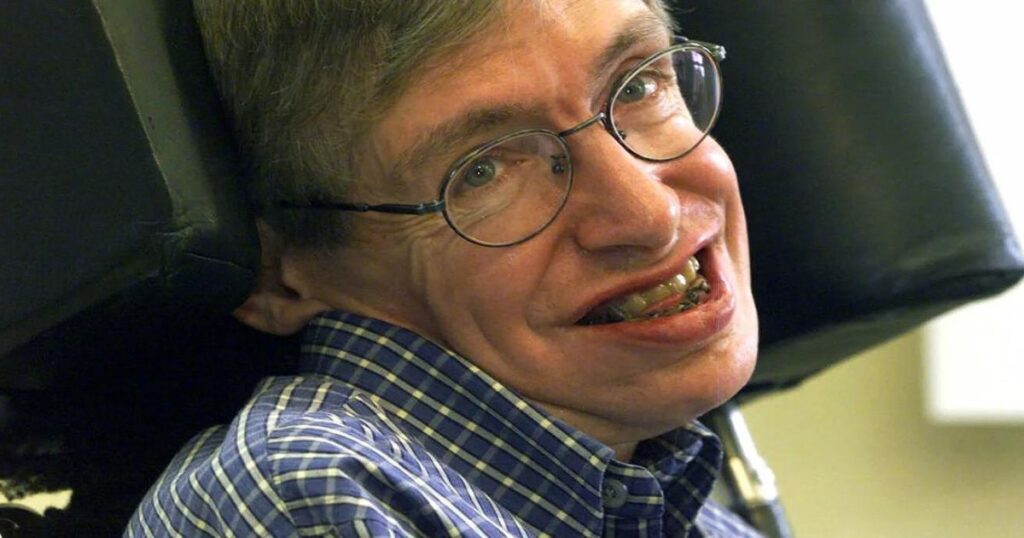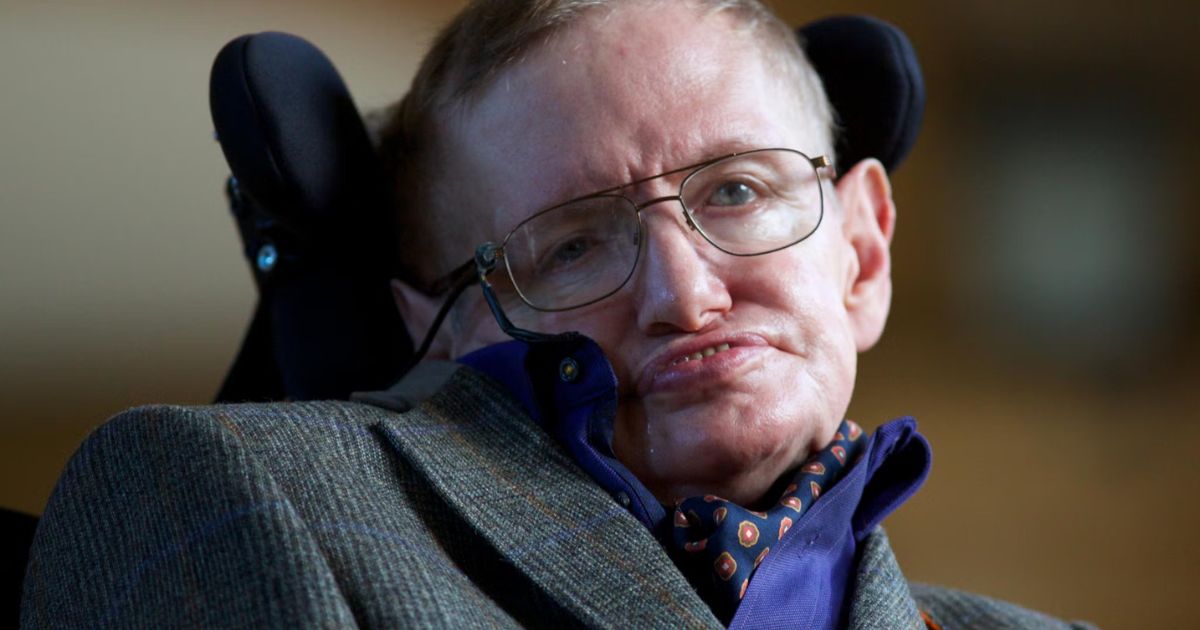Stephen Hawking was a groundbreaking theoretical physicist whose ideas about God and the afterlife fascinated many.
In various interviews and writings, he discussed his views on the existence of a higher power and the possibility of an afterlife. When asked about his belief in God, Hawking’s response was clear: he saw no evidence of a higher power and believed scientific laws could explain the universe.
In an interview with the Spanish newspaper El Mundo, Hawking said, “Before we understand science, it is natural to believe that God created the universe. But science now provides a better explanation.” He maintained that all religions were based on faith and lacked empirical evidence, identifying himself as an Atheist.

Hawking elaborated on his views about the universe’s origins in his book “The Grand Design,” co-written with Leonard Mlodinow. He argued that the universe was created by the laws of physics, not a divine creator. “Because there is a law like gravity, the universe can and will create itself from nothing,” he wrote. “There is something rather than nothing; the universe exists, and we exist because of spontaneous creation.”
Regarding the afterlife, Hawking’s views were also grounded in science. He believed the concept of an afterlife was mere wishful thinking. In his final book, “Brief Answers to the Big Questions,” he wrote,
“No one created the universe or controlled our destiny. This brings me to a stunning realization: there is likely no Heaven or afterlife…I believe that believing in an afterlife is wishful thinking. There is no trustworthy evidence, and it contradicts all we know about science.”

Despite his firm beliefs, Hawking respected others’ right to their own beliefs. “We are all free to believe whatever we want, and in my opinion, the simplest explanation is that there is no God,” he said.
Stephen Hawking’s views on God and religion were shaped by his work as a mathematician and his quest to understand the cosmos through physical laws. Although his ideas differed from many, his scientific contributions will be remembered and honored for years to come.





